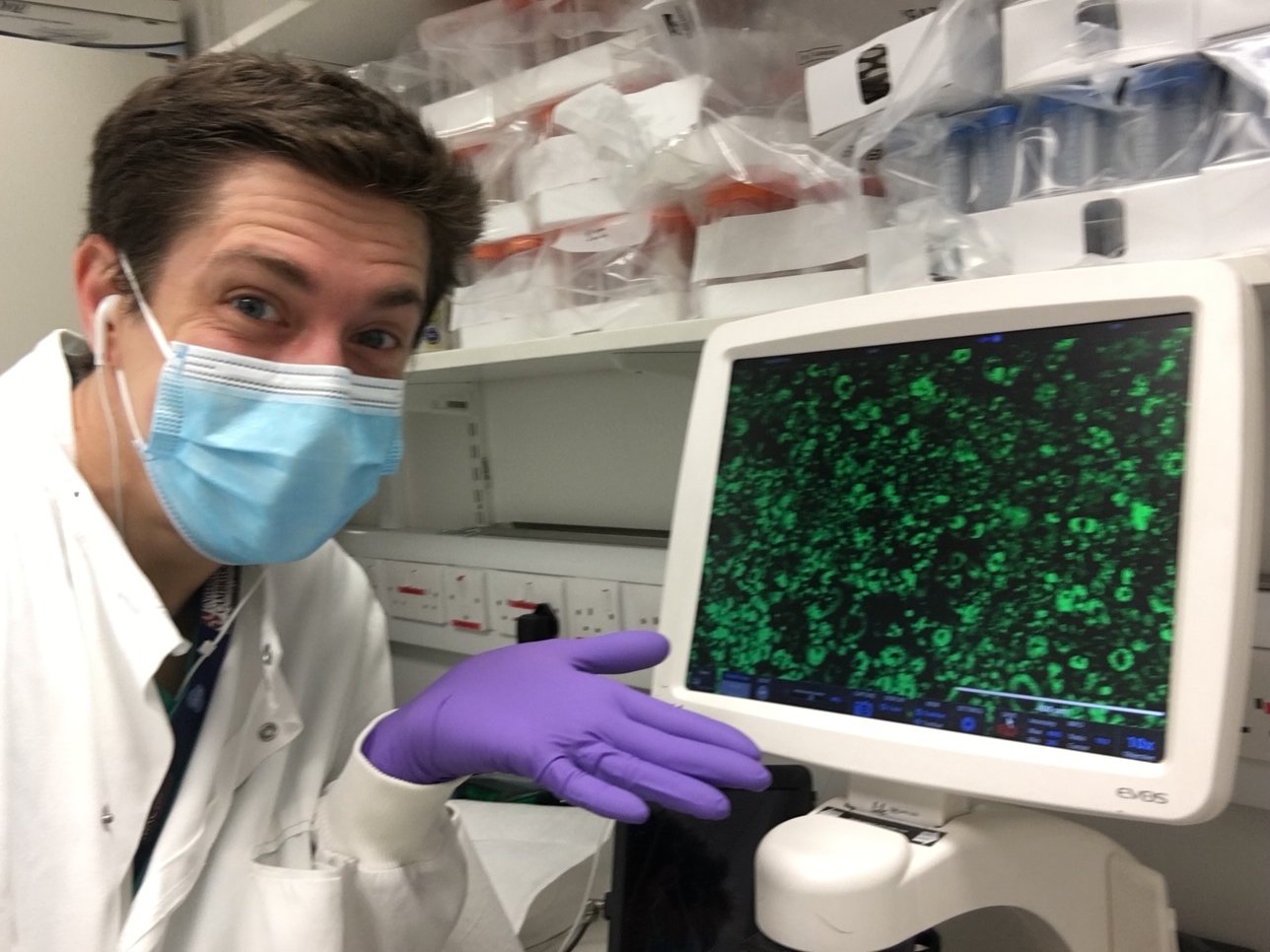Suggestions on doing a PhD as a clinician
Over the last 6-9 months I’ve spoken to several doctors who asked to hear my thoughts on clinical-academic careers, specifically around doing a PhD. So, I have tried to articulate them here in case they are of wider interest. This will (probably) be the first of a series of posts with my thoughts about different stages of clinical-academic careers.
Some ideas, in no particular order:
- Two approaches:
(a) Optimise for a specific long-term plan. i.e. make a detailed decision about where you want to be in 20 years time and work back to what you need to do now.
(b) Do the next excellent thing based on what you want right now. i.e. Take an opportunity to do something meaningful, somewhere excellent, and work hard. If this is true, and it is interesting, and contains the right skill mix, it will be highly worthwhile
- With (a) you are likely to be a niche expert more quickly. Whilst (b) allows greater flexibility and changing preference. With (b) you are less likely to get affected with sunk cost bias (e.g. “I have been working in this field for 𝑥 years, I can’t change now, even though I’d like to.”) Approach (a) may be ‘higher risk’ in case your long-term strategy doesn’t work-out.
- These are not mutually exclusive.
- Don’t worry if you can’t see a ‘route’ / ‘the story of your career’. It is only clear when looking back.

- Go to a world-class institute for the general field you’re interested in.
- Where you currently are may not be the optimum place for you to receive dedicated research training. (Unless you moved for clinical training with this already in mind, or your research interest has developed because of the existence of such high-quality research.)
- Consider geography and timing around key life events. (e.g. caring for others, having family nearby with young children.) These things do matter.
- Beware of the bias in advice you will receive.
- Almost every group leader will encourage you to work with them (and apply for your own funding)
- Doing a PhD later in training (e.g. ST5+) might be the best timing
- You will be more certain about what kind of job you want long term (e.g. 50% research / 50% clinical) and what (sub-)speciality
- Easier to maintain momentum between end of PhD and clinician scientist level award (i.e. consultant)
- People who go out of programme early will seem ‘ahead’ in research terms but (a) it is not a race, and (b) there are the above benefits.
- Do a PhD that you are interested in and will train you in the techniques you intend to use long-term. It does not have to be in the precise field you will study for the next 30 years.
- If you do an exclusively dry lab PhD, it will be challenging to become a wet lab clinician scientist later on
- This is your best opportunity to do a completely dedicated period of research training [life gets more complicated with time]. Think carefully if you want to do wet-lab, dry-lab, clinical trial, or a mix.

- You are not expected to come up with a fully formulated research question – your supervisor will suggest some
- It is unlikely you are near enough the edge of a field to deeply understand the kind of question that will fit a PhD
- Carefully choose who you want to be your supervisor. Things to consider:
- Do they regularly publish meaningful pieces of work? And does the rest of the institute do the same?
- What is their email response time?
- What do other members of their group have to say? (This can be challenging to ascertain.) And do you get on with the post-docs? (Who you will likely be directly learning from most of the time.)
- How well do they understand the clinical-academic pathway?
- They don’t have to be a clinician-scientist, but if not, you should have a mentor who is
- Ensure you have a balance of high- and low-risk projects during your PhD
- You will need some ‘output’ (i.e. publications) during the 3-years of your fellowship to support the next stage of academic applications.
- It is hard to predict how long some papers (especially lab science papers) will take until they will be out
- Minimise distractions. For most people, this is service-provision clinical work, but can also be teaching or other seemingly ‘work’ activities.
- One clinic a week will have negligible impact on CCT date but massive impact on your research flow
- Unless you want to be an educator, you will be judged based on your research, not teaching. Of course, teach if you want to, acknowledge it is not a primary role in a research fellowship.
- Getting a fellowship (for funding) is the hardest part.
- Yes, MRC and Wellcome fellowships generally offer the most flexible funding and are more ‘prestigious’, but any funding that sees you through is good.
- You need some preliminary data to get a fellowship and your supervisor will guide you in this process
- Don’t worry about clinical job applications. For most, even at sub-speciality registrar level, a PhD counts for relatively few ‘points’ compared to other components of the interview/assessment
Caveats & context:
- I have felt wary of writing this advice; who am I to give clinical-academic advice so early in my career?
- I am currently a ST7 paediatric hepatology GRID trainee and NIHR academic clinical lecturer (doing 50% research/50% clinical). I officially finished my PhD in February 2022. Before this I intercalated during medical school, did a AFP in Leeds, and ACF in Cambridge. My H-index is 22.
- I am an ‘early career’ researcher and therefore feel competent to reflect on my own experiences to date and what influenced the decisions, based on the advice I have received.
- Any prospective thoughts (i.e. on what is yet to come) are derived from observations, advice, and speculation.
- Someone who has followed a different route may have an alternative set of suggestions.
- Most of this advice is stolen from other, wiser people.



